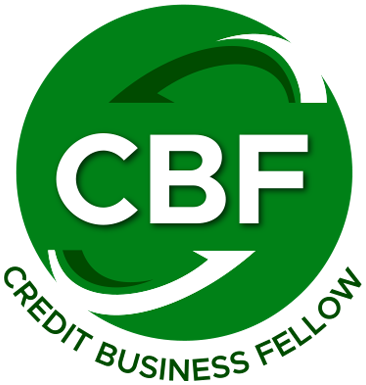Credit Business Fellowsm (CBFsm) Exam Study Guide

About this Guide:
This guide is a listing of suggested study topics for the Credit Business Fellow (CBF) designation exam. The study topics are based on textbooks recommended and used by NACM. The textbook listed may be purchased through the NACM Bookstore. This outline is intended to be used as a general guide for preparing for the examination. In-depth preparation (additional texts, study sessions, seminars, self-study courses, etc.) is recommended in conjunction with reviewing the material within this study outline.
About the Exam:
The CBF exam typically consists of approximately 130 multiple-choice and true/false questions having equal point values. Candidates may take up to three and a half hours to complete the exam. The exam covers topics presented in the CBF required courses:
- Business Law (the law of contracts and negotiable instruments)
- Credit Law
Candidates may not use notes, reference materials, or books during the exam. Candidates must earn a final score of 70% to pass the exam. If you are uncertain about the references listed or the topics noted or have questions, please be sure to contact the National Education Department for clarification prior to the exam.
Suggested Reading:
While the following textbook is used by NACM, other college textbooks may be substituted. You should compare the topics listed in this guide with topics presented in any alternative texts used to prepare for this exam.
Business Law Today (12th edition) by Miller
|
Chapter 1: Law and Legal Reasoning |
Chapter 19: The Formation of Sales and Lease Contracts |


